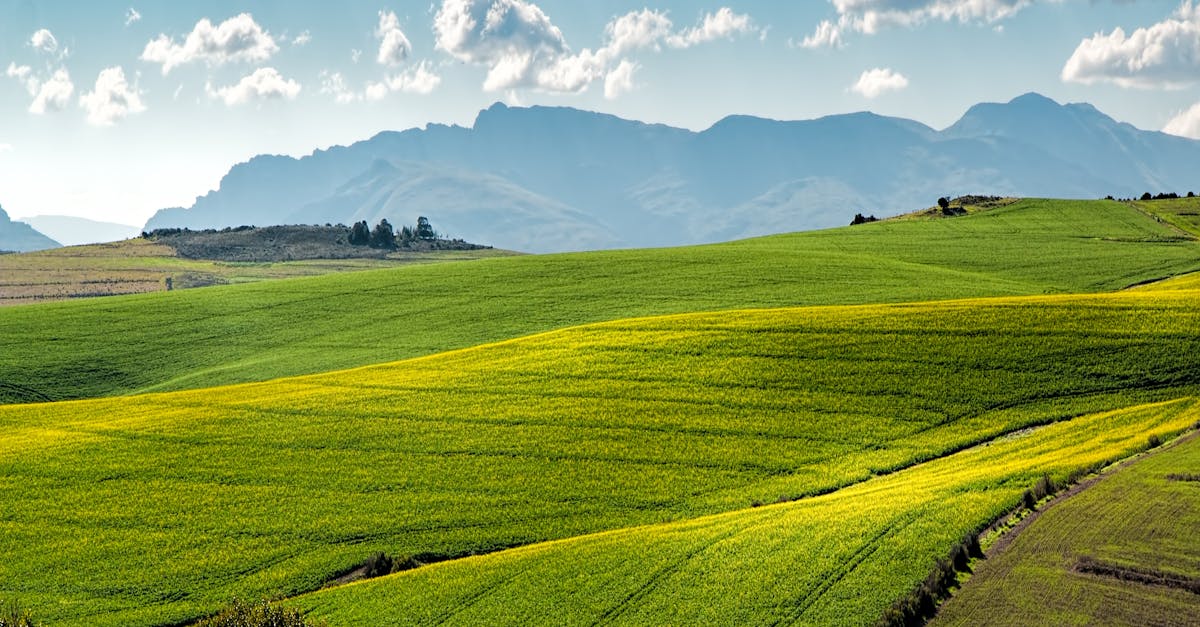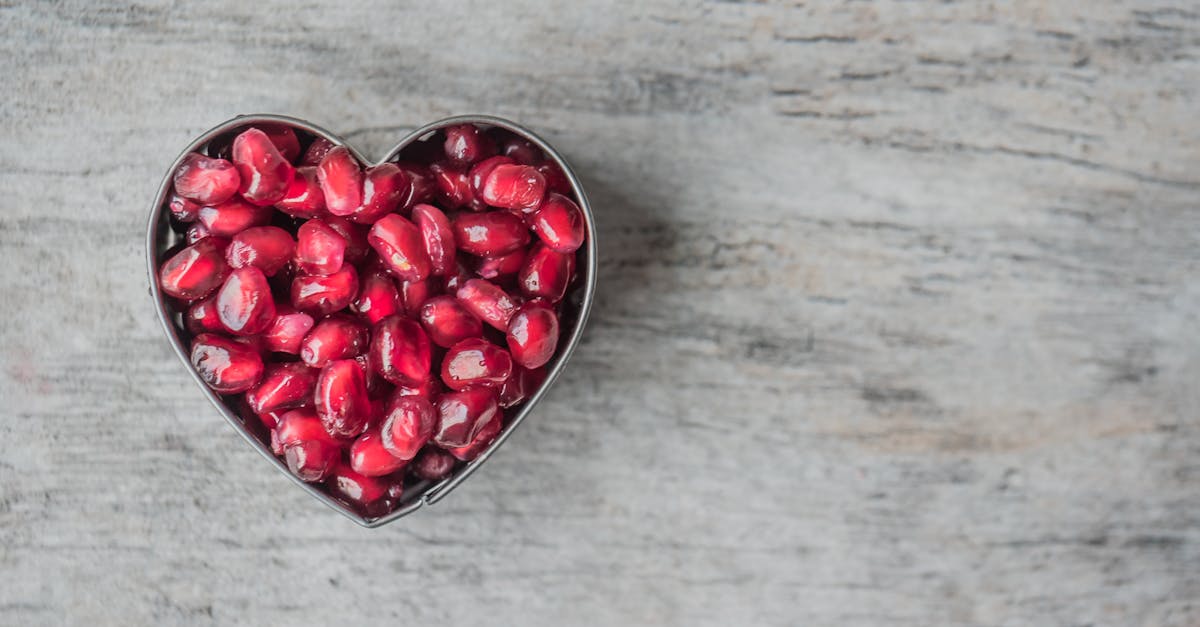Are you looking to give your potted plants a natural boost? We’ve got just the solution for you – coffee grounds! In this text, we’ll study into the wonderful world of using coffee grounds in potted plants.
From enriching the soil to repelling pests, we’ll cover all the tips and tricks to help your plants thrive.
Coffee grounds aren’t just for brewing your morning cup of joe – they can work wonders in your indoor or outdoor planters. Join us as we investigate the benefits of incorporating coffee grounds into your plant care routine. Let’s unlock the secrets to healthier, happier potted plants with this simple and sustainable gardening hack.
Key Takeaways
- Coffee grounds are nutrient-rich and act as a natural pest repellent for potted plants.
- Enhance soil structure and water retention by incorporating dried coffee grounds around plant bases.
- Use coffee grounds in moderation to prevent overly acidic soil that may hinder plant growth.
- Incorporating coffee grounds into soil boosts nutrient content, improves soil structure, and encourages beneficial microorganisms.
- The acidity of coffee grounds repels pests like snails and slugs while providing essential nutrients for plant health.
- Properly applying coffee grounds involves using unused grounds, mixing them with soil, and avoiding excessive use for optimal results.

Understanding the Benefits of Coffee Grounds for Potted Plants
- Nutrient-rich: Coffee grounds add important nutrients to the soil, keeping your plants healthy and vibrant.
- Natural pest repellent: They help ward off pests that may harm your plants, creating a protective barrier against invaders.
- Enhanced soil structure: Coffee grounds improve soil aeration and water retention, required for strong root development.
- Sustainable: By reusing coffee grounds, we contribute to environmental sustainability in our gardening practices.
- To learn more about the benefits of using coffee grounds for potted plants, check out this resource.
How to Prepare Coffee Grounds for Plant Use
When preparing your coffee grounds for plant use, it’s important to follow these simple steps:
- Collect your used coffee grounds.
- Allow them to completely dry out.
- Sprinkle the dried grounds directly around the base of your potted plants.
After all, coffee grounds should be used in moderation to preventoverly acidic soil. For more tips on how to properly use coffee grounds in gardening, check out this helpful guide here.

Incorporating Coffee Grounds into Soil for Nutrient-Rich Plants
When incorporating coffee grounds into soil for our potted plants, we’re not only enhancing the nutrient content but also boosting plant health. The organic matter in coffee grounds improves soil structure and encourages beneficial microorganisms. Here’s how we can do it:
- Dry out used coffee grounds to prevent mold growth.
- Sprinkle a thin layer around the base of plants.
- Mix into the soil when repotting for even distribution.
For more tips on using coffee grounds effectively in gardening, check out this full guide on organic soil amendments.
Using Coffee Grounds to Repel Pests and Enhance Plant Health
When using coffee grounds in potted plants, we not only enrich the soil but also repel pests and boost plant health. The acidity of coffee grounds naturally deters pests like snails and slugs, protecting our plants. Additionally, the nutrients in coffee grounds improve soil quality, providing important elements for plant growth. By incorporating this simple practice into our gardening routine, we can create a thriving environment for our potted plants.
For more tips on natural pest control and plant health, check out this informative article from Gardening Know How.

Tips for Properly Applying Coffee Grounds in Potted Plants
When using coffee grounds in potted plants, after all these tips to ensure optimal results:
- Use unused coffee grounds to avoid any mold or bacteria issues.
- Mix coffee grounds with soil to prevent them from clumping and improve aeration.
After all, moderation is key. Too much coffee grounds can raise soil acidity, which may negatively impact plant growth.
For more guidance on soil amendments and gardening practices, check out this helpful resource on Gardening Know How.
